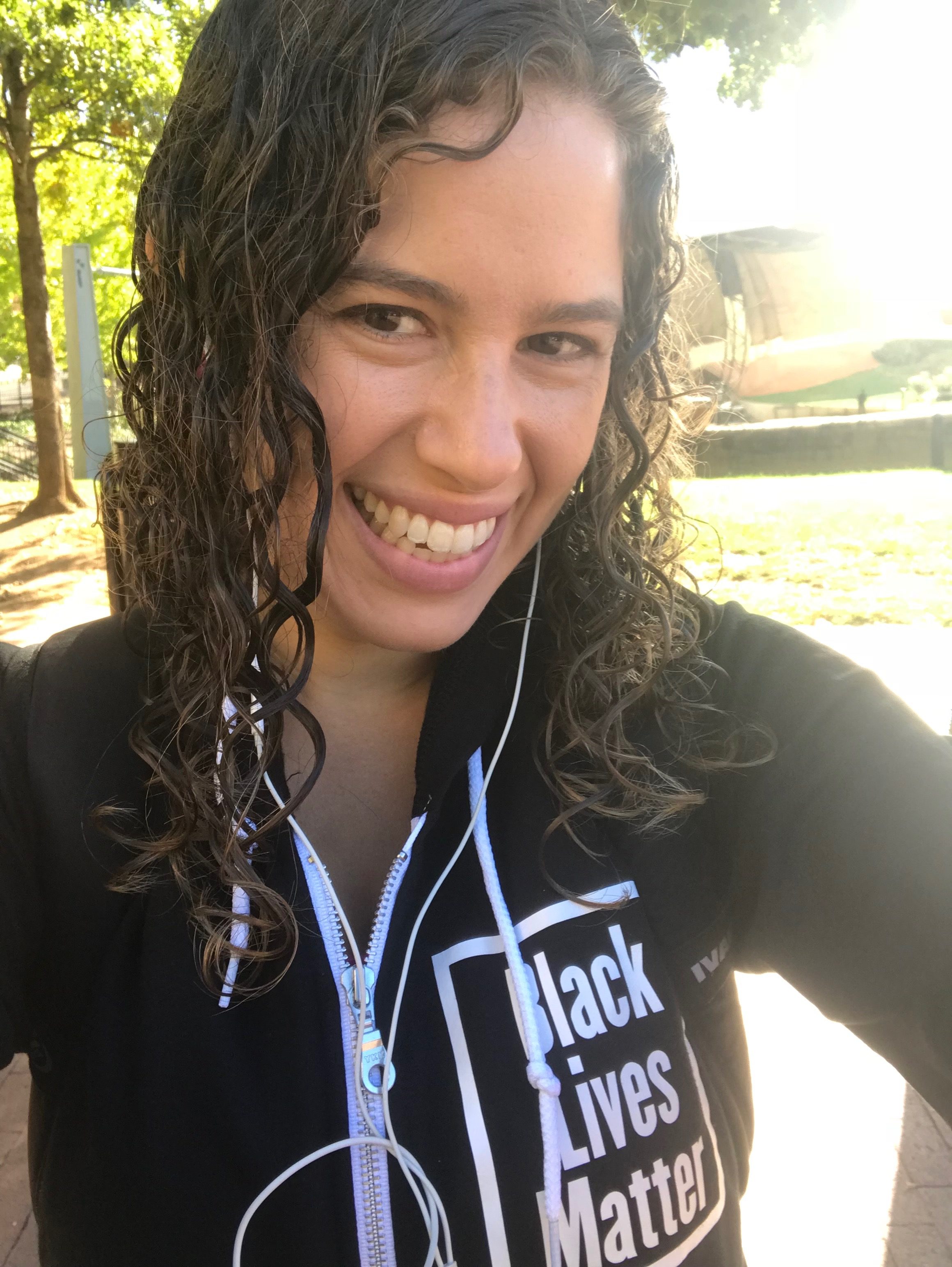The New York Times fashion section ran a very telling feature this weekend on “The Birds and the Bees Text Line,” a North Carolina public health program. As cool as all this texting might seem, teenagers would gain a lot more from living in a society full of adults they could discuss these issues with face to face.
According to the article, North Carolina public schools must teach abstinence only sex ed (although the legislature is debating an endorsement of comprehensive sex ed). Meanwhile, as teen pregnancy and STIs remain a problem, the public health officials freak out and are forced outside the schools for answers because all the programs within the schools are doomed to failure by law. I’ve got to say it again: The state restricts sex education in the public schools, which is arguably the best possible means of educating teenagers, and consequently the state encounters a health crisis and pours money into a much less-than-ideal means of reaching the same teenagers whom the state also spends money on actively not reaching in sex ed class. Why can’t they just spend money on providing effective education the first time around — in class?
One of the teen texters said that before texting the hotline she had asked her question to her health teacher, but was made to “feel ashamed.” What if her health teacher had been empowered to provide comprehensive information, and had been trained to discuss touchy subjects without judgment? What if her health teacher had approached sex education with the same pro-health, pro-teen attitude with which the adult texters treat their anonymous questioners?
What if the government put money into ensuring that every public high school has a staff member who encourages teenagers to ask all their questions in person? Such a staff member could use the process of sex education as a means of developing teenagers and emotional and social understanding of sexuality. Such a staff member could start conversations that allow teenagers to act on the “longing to unburden themselves.” Such a staff member could build long-lasting relationships with teenagers who need more loving adults in their lives.
The staff members of the text-education line offer important support to the teenagers of North Carolina. However, the support they offer should be available face-to-face in the public schools. Teenagers deserve adults in their schools who help them ask anything they want to without feeling shame. Teenagers deserve adults who provide them with positive feedback, accurate information and helpful referrals in person.
I do think it would be really cool to continue exploring how technology can help us promote sexual health, but we can’t do this without teenagers and adults engaging conversation, in person and explicit, at times challenging and at times awkward, but always caring, truthful and attentive to the teenagers’ spoken and unspoken needs. They may ask a lot over text, but they will never ask enough in those short lines. We need to be there in person to help them understand what they cannot yet put into words.


CG says:
I’m interested in the discussions that go on about what is appropriate/not appropriate to be taught in schools. It’s almost as if sex is included under the category of “morality” or “religion”–i.e. not OK for public schools–whereas other subjects are considered value-free…let’s say, history. I wonder if part of what we need to do is think about this intersection between values, religion, and the public sphere, and how this plays out both in the field of sex ed and in other subjects we teach in school. Maybe if we recognize that our other subjects aren’t as value-free as we think they are, then we will be able to have more conversations about how we deal with the value-factor in sex ed.